Question
We know from the Qur’an that God sent prophets to every nation and rituals like namaz (Salah), Roza (Saum), Zakah (obligatory charity) and Qurbani (sacrifice) started from the time of Adam (pbuh). Do we find evidence from the history of the world that these rituals were performed by the past nations as the prophets were sent to every nation according to the Qur’an? I have read Mr Ghamidi’s book already and want to see evidence besides the Bible.
Answer
Salaam
Thank you for writing to us.
The three major religious traditions in terms of their adherents are Christianity, Islam and Hinduism. The Pew Research Centre, in its 2012 report on the Global Religious Landscape, states:
The demographic study – based on analysis of more than 2,500 censuses, surveys and population registers – finds 2.2 billion Christians (32% of the world’s population), 1.6 billion Muslims (23%), 1 billion Hindus (15%), nearly 500 million Buddhists (7%) and 14 million Jews (0.2%) around the world as of 2010.
Thus, Christians, Muslims, Hindus and Jews together constitute about 70% of the world’s population.
The Christians do not follow the rituals of the Biblical prophets even though the Bible mentions them and the Jewish religious tradition continues to adhere to these rituals. You have rightly pointed out that Ustaz Ghamidi has extensively presented references to rituals like daily Salah (prayer), Zakah (obligatory charity), Saum (fasting) and Qurbani/Udhiya (animal sacrifice) from the Bible in his Magnum Opus ‘Mizan‘. Even though he has not delved into the Jewish names of these rituals, you will be surprised to know that they very much resemble the Arabic names.
My opinion is that the case of the Hindus might almost be the same. The actual religious tradition of Vedic Hindus included all the above-mentioned rituals and some of them continue to be practised today, albeit in new forms, sometimes in ways not sanctioned by the religious texts. The Hindu tradition contains the rituals of daily prayers, fasting on certain auspicious occasions, animal sacrifice, charity, as well as pilgrimages to places considered sacred. A detailed survey of these worship rituals is not possible in this answer and merits a separate article/paper. While I plan to work on this part, my preliminary study shows that like Judaism, Vedic Hinduism contains all these practices and like Christians, Hindus today may not follow them in their original form.
Zoroastrianism also contains many similar rituals. Buddhism is a mystical tradition and was formed in reaction to Vedic Hinduism and as such, we may not find these rituals in it.
I hope this helps.
Regards,
Mushfiq Sultan
Assistant Fellow
Al-Mawrid

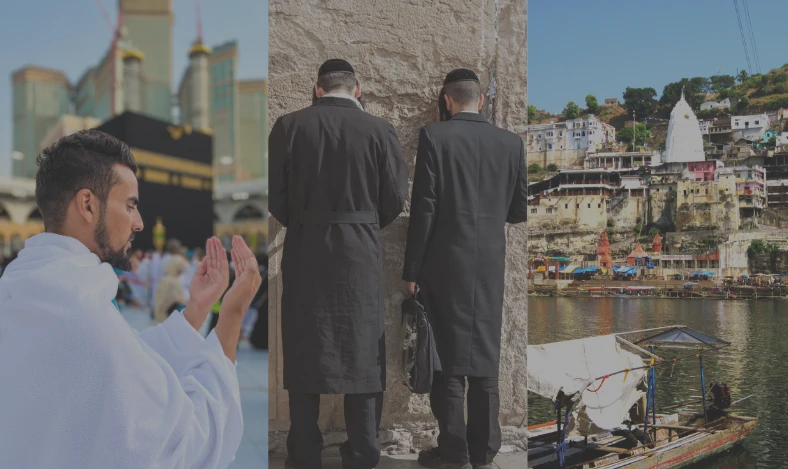
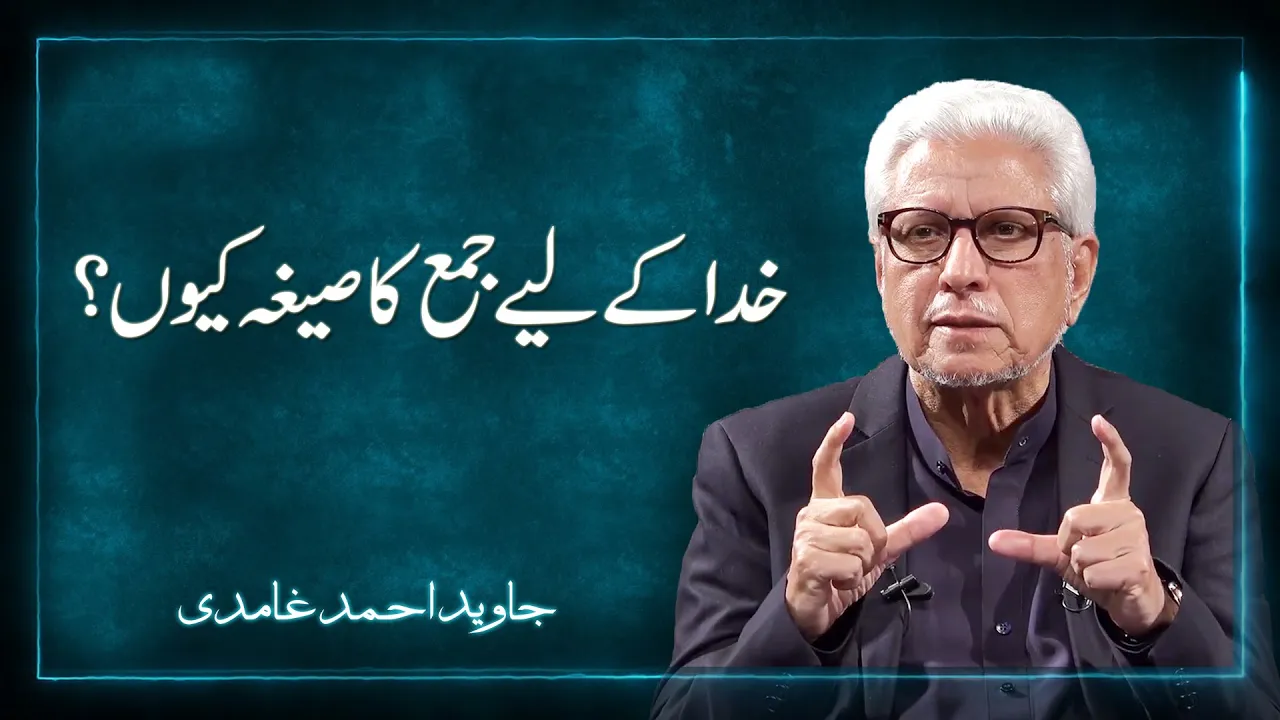
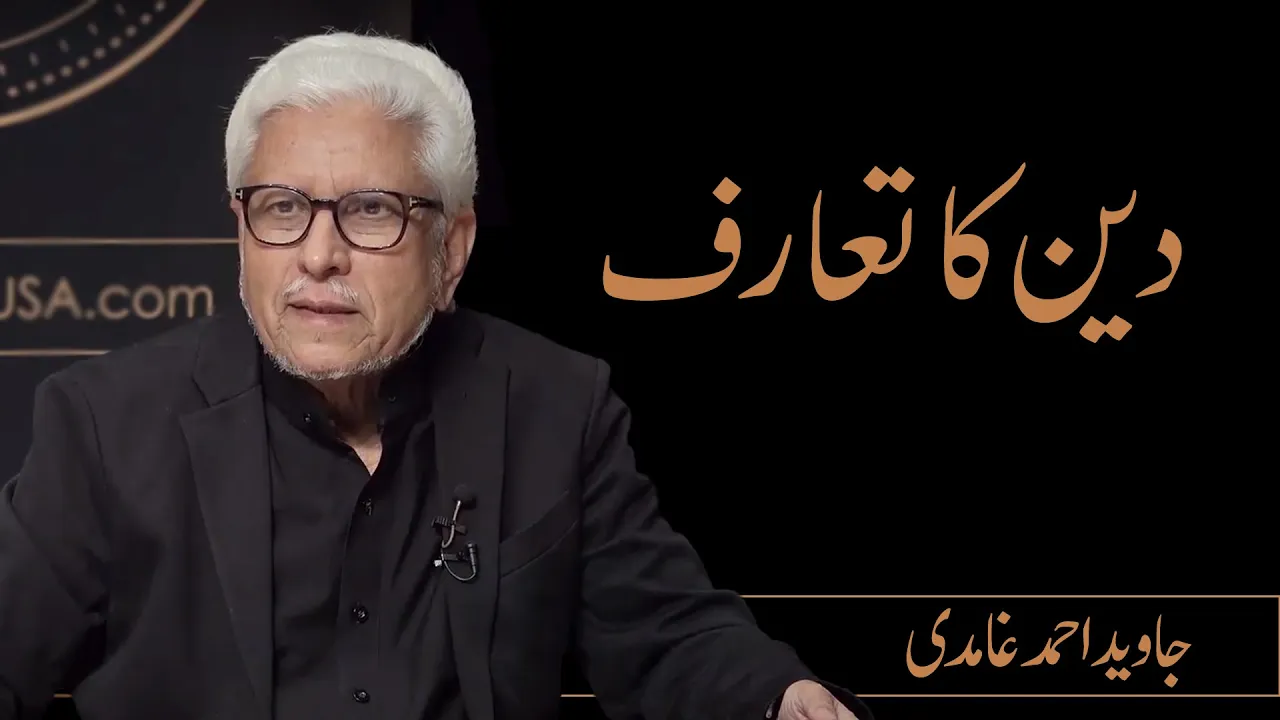
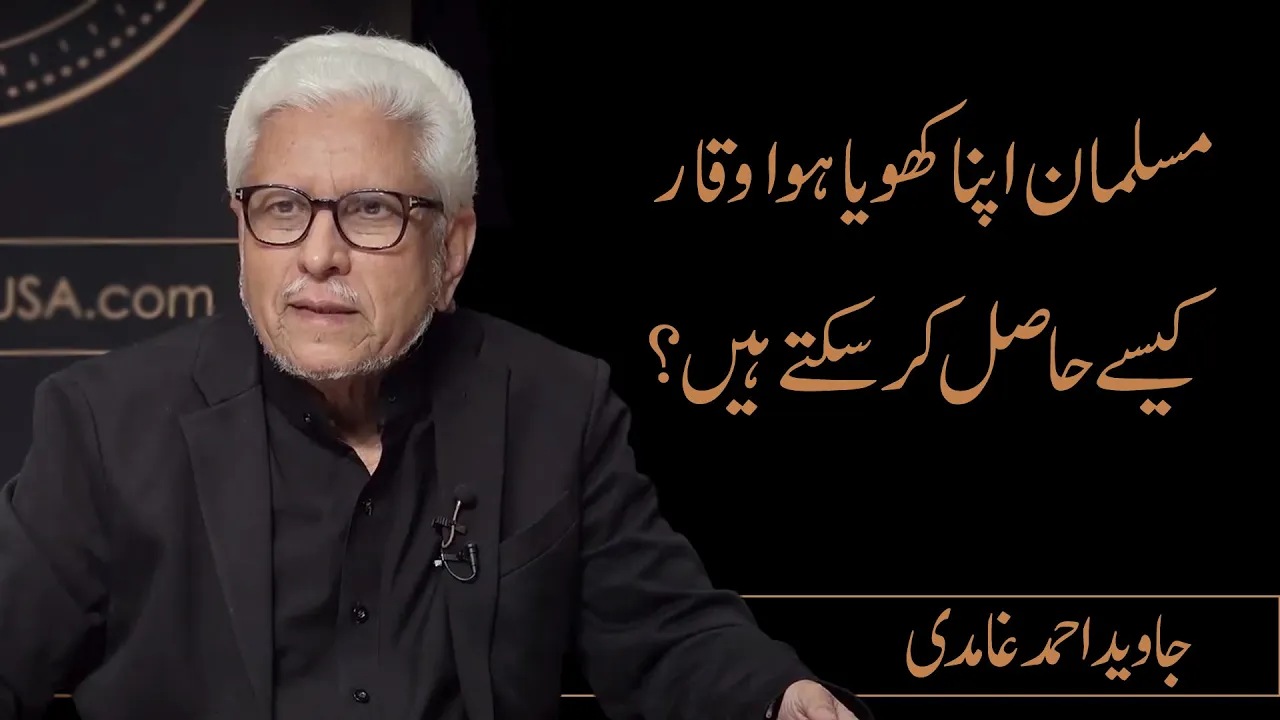
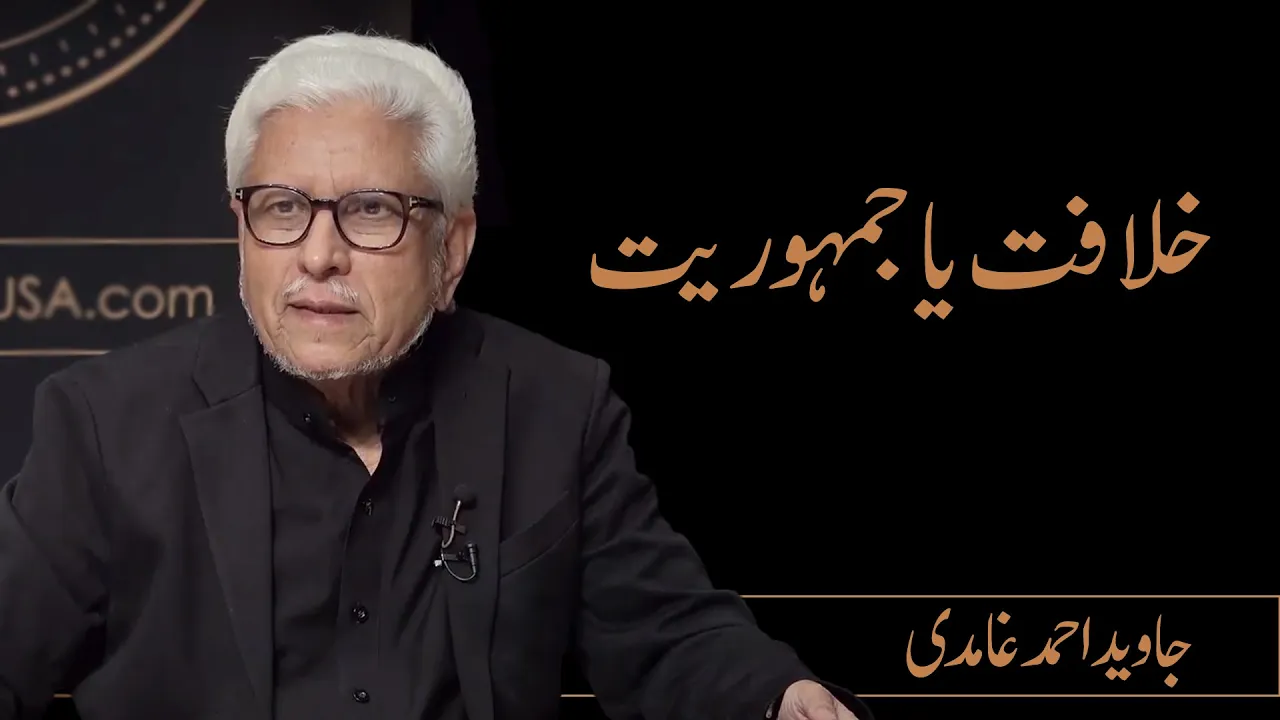
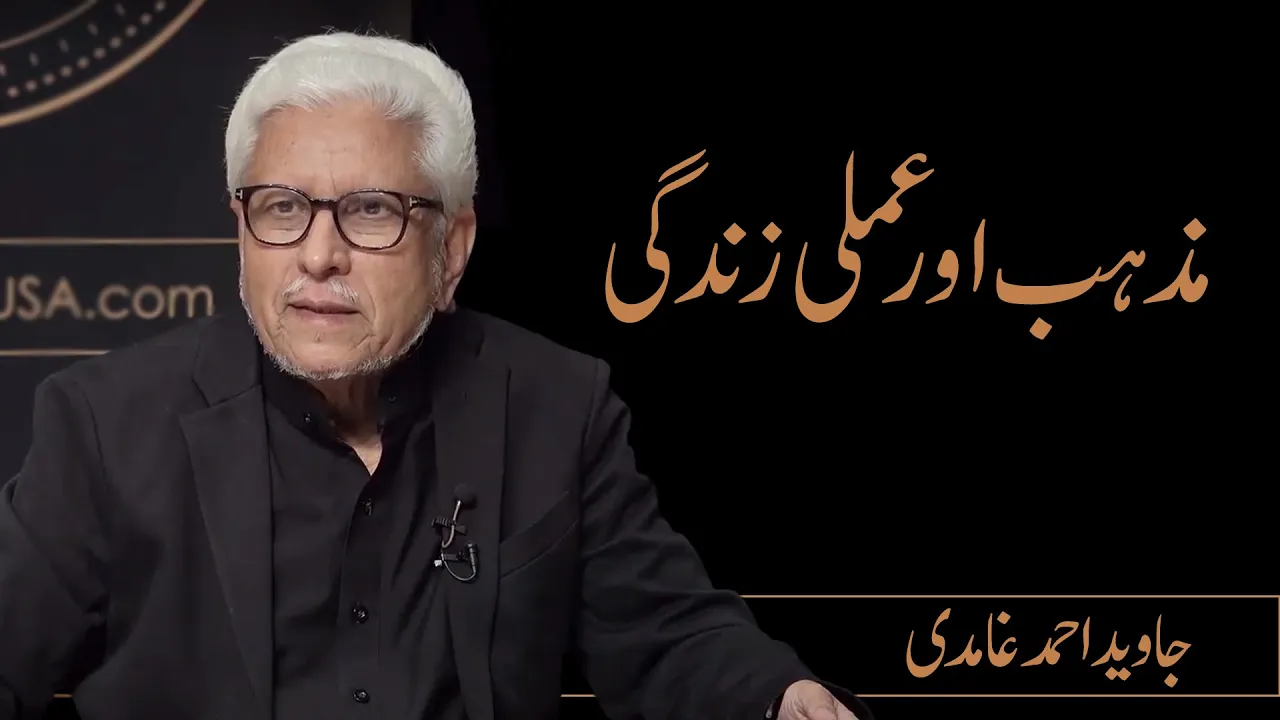


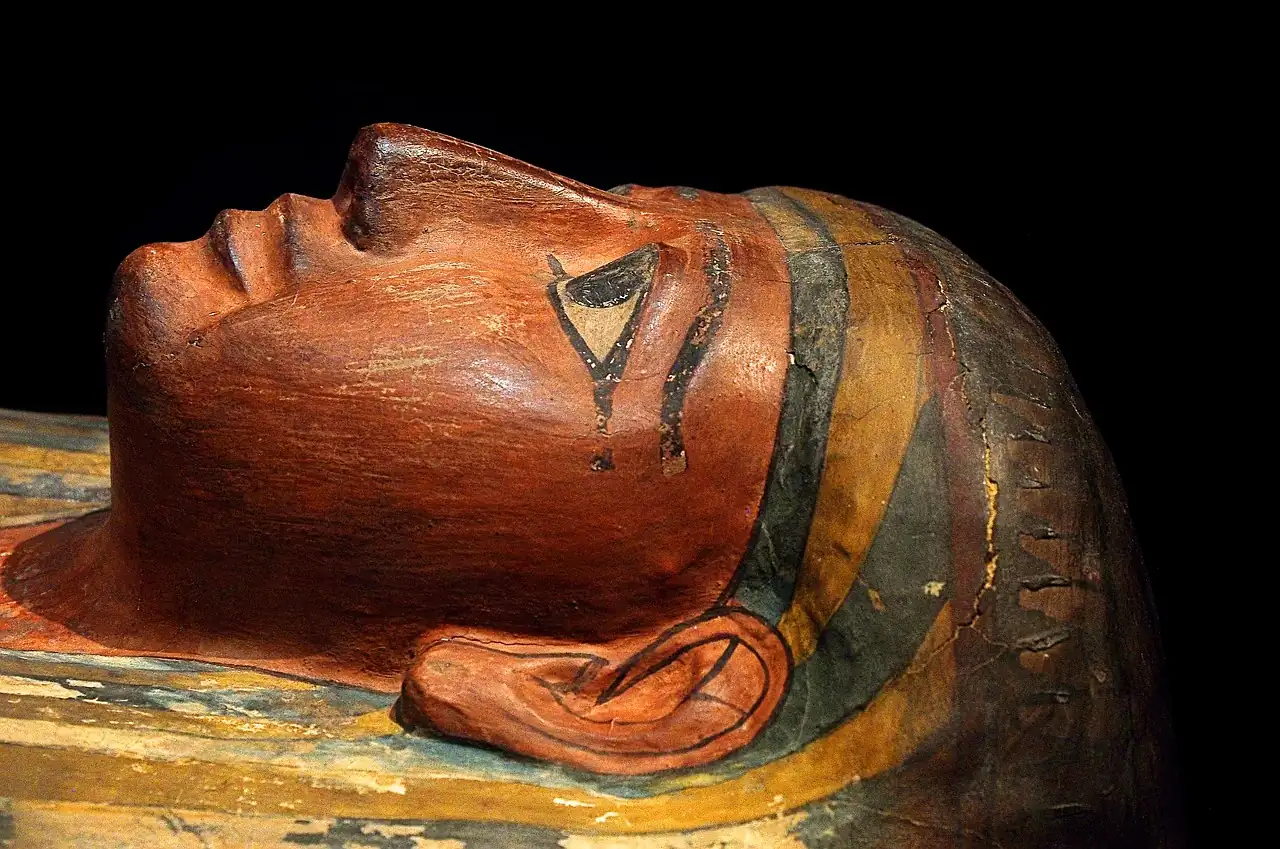
Leave a Reply